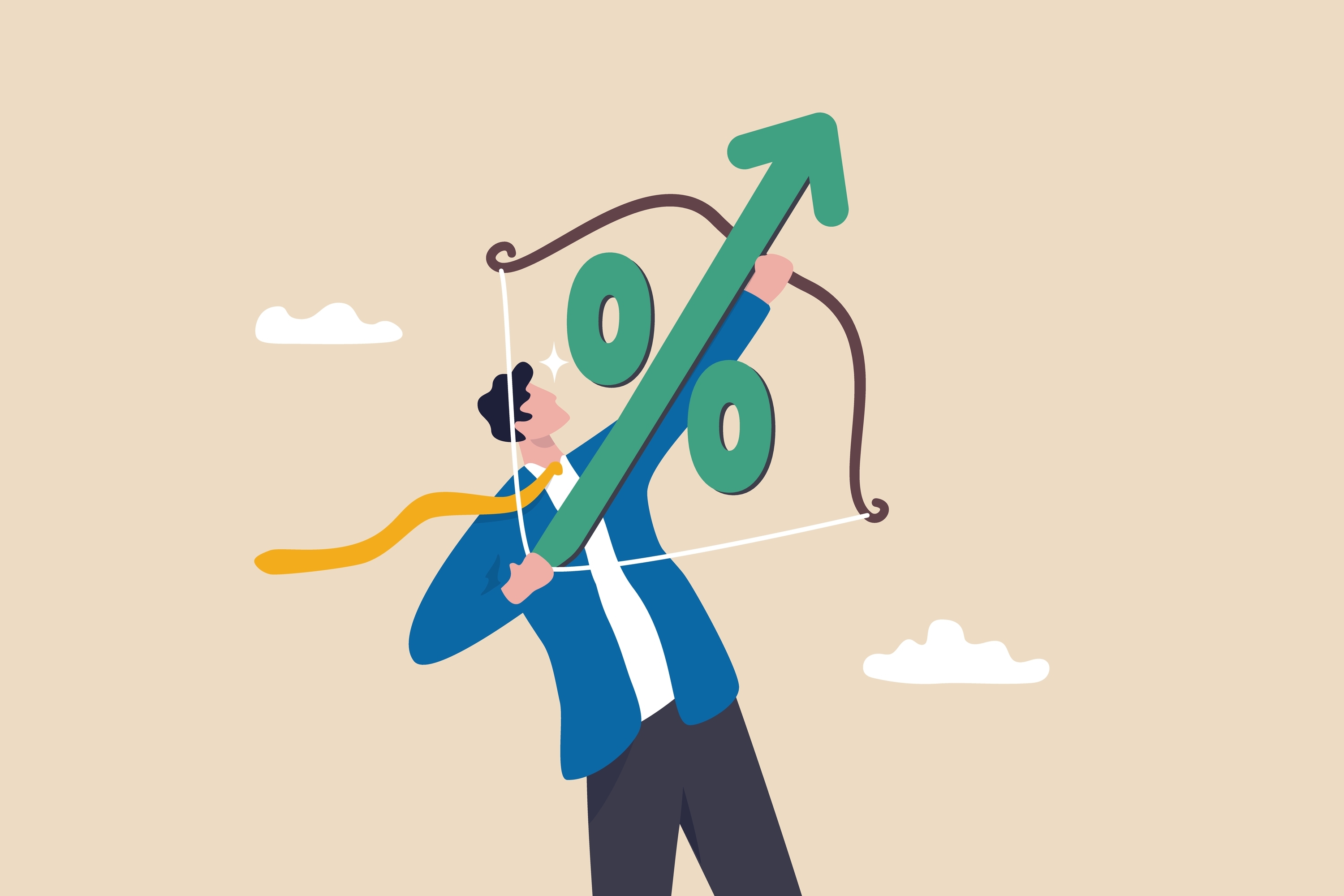The Bank of England has raised interest rates again – the 7th time this year and only 6 weeks after the previous rise – this time by 0.75 percentage points to 3%. Not so good for those with large mortgages, but the first time in well over a decade that interest rates for savers have risen significantly.
Interest rate rises are good news for savers, so you would hope that high street banks would pass on interest rate rises as quickly as they charged extra interest to borrowers – but, unsurprisingly, this is not the case. In fact, many high street banks have barely moved their rates. The average market rate for instant-access accounts is just 0.64%, leaving many savers still earning almost no interest.
However, you must look further than your High Street bank. Well-known banks often pay the lowest rates, with some of the large high street banks currently only offering 0.5% per annum on instant-access accounts – just £50 of interest on a £10,000 savings account.
The fact of the matter is that the big names do not need to work as hard for your money. However, smaller banks and building societies want your money and will offer attractive rates to get it. In fact, you can currently get nearly three times more interest from them than you from the well-known high street banks for instant access savings accounts.
But the big story right now, and a great opportunity for savers, is that fixed-rate levels have reached their highest levels since December 2012. Although there is a temptation to hold most or all savings in instant or easy-access accounts given how uncertain things are at the moment, the chances are that you do not need all your money immediately – and this could be holding back your returns.
Good practice for those who are working is to keep at least three to six months’ worth of essential expenses in easily-accessible accounts, plus a generous amount for emergencies. If you are retired, then this amount should be increased to around one to three years’ expenditure. Anything over this could be put to work in a fixed-term savings product.
Fixed-term products pay a guaranteed rate of interest, which is usually higher than instant or easy-access products. The trade-off is that usually, you cannot access the money until the term ends. Many banks also offer accounts where you need to give notice to withdraw funds and these are also offering better rates than instant-access accounts, although not as good as fixed rate accounts.
So, depending on when you are likely to need your savings, you could think about blending fixed terms of different lengths or opening new fixed terms regularly. That way you will always have money coming in regularly while boosting your overall interest rate.
The bigger news is that these increased rates, although welcome, will not get even close to the current rate of inflation, so the purchasing power of your money will still be eroded over time. This means that, although getting a better rate of interest is important, building a balanced investment portfolio is an even more pressing concern.
If you would like some help in getting more for your money, then please get in contact.
























































